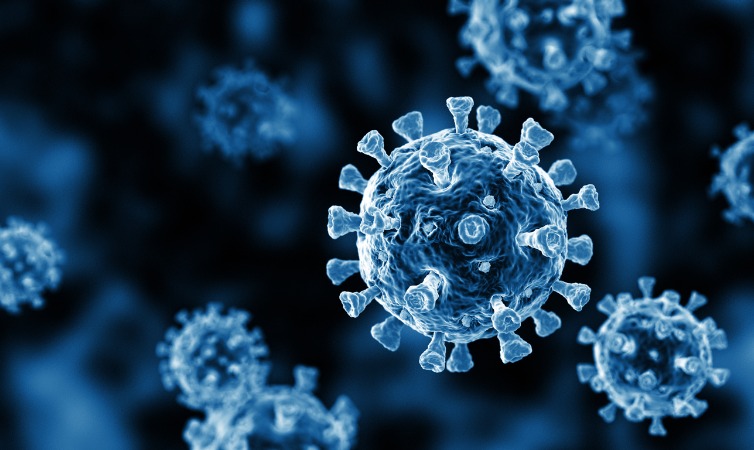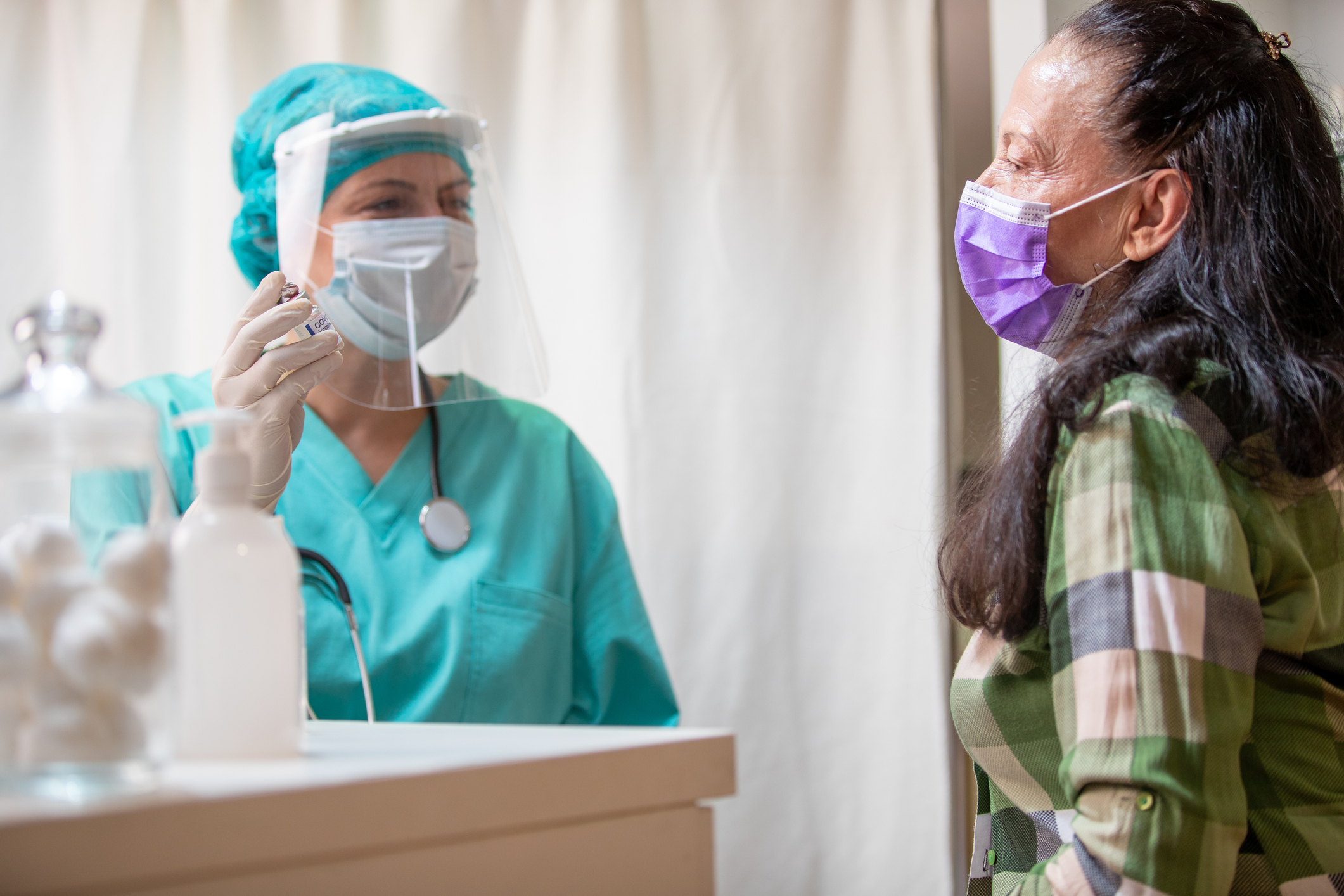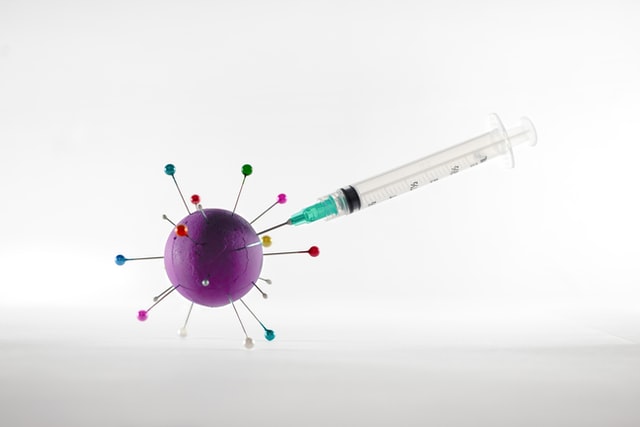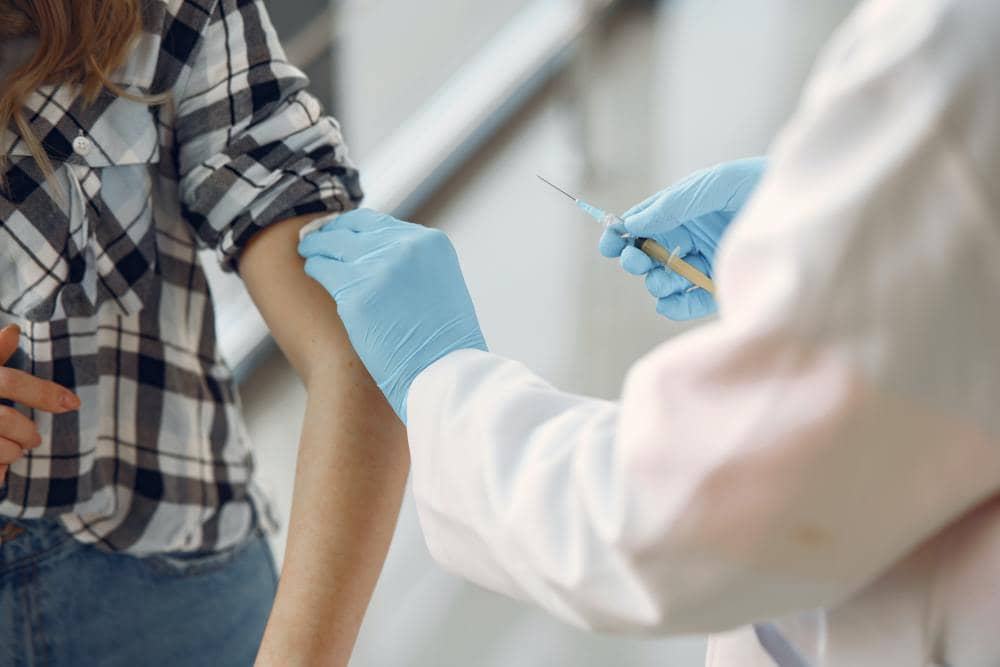Long COVID and the vaccine
We know the COVID-19 vaccine helps prevent us getting ill with COVID-19. But can it also protect against the longer-term symptoms that some people get after a coronavirus infection – what’s known as long COVID?
The obvious answer is yes, as it reduces your chances of getting COVID-19 in the first place. But some people still become infected after being vaccinated. What about them? And how about the people who already have long COVID – will having a vaccine make their symptoms better or worse?
At the moment, these questions aren’t easy to answer, as evidence is still emerging and it’s an area of ongoing research.
“There’s absolutely no doubt that vaccines lower the risk of contracting COVID-19,” explains Dr Aleem Qureshi, GP and Healthily Clinical Lead. “But the results from studies of vaccinated people who have ‘breakthrough’ COVID-19 infections have had variable results. Some have shown that COVID-19 vaccination halves the risk of long COVID, but others have found a lower rate of protection.
“As researchers gather more information on long COVID, we’ll get a much clearer picture of the protection vaccination offers. But in the meantime it makes total sense to ensure you’re fully vaccinated against COVID-19, and have had your booster.”
Read on for more information about what COVID-19 researchers have discovered to date.
What do we know so far?
Some recent studies do suggest that the COVID-19 vaccines offer protection against long COVID.
Study 1: vaccination may halve the risk of long COVID
A September 2021 study by King’s College London used self-reported data from users of the ZOE COVID Study app to look at COVID-19 infections that happened after vaccination. It found that having 2 vaccine doses almost halved the risk of still having symptoms more than 4 weeks after being infected.
However, the study had a number of limitations, including the fact that symptoms were self-reported and that it included more women than men, and fewer people from deprived backgrounds. So it may not give us a full picture.
Study 2: vaccination may reduce the risk of long COVID by 41%
A January 2022 study by the UK Office for National Statistics (ONS) found that people who had 2 vaccine doses at least 2 weeks before infection were 41.1% less likely to report long COVID symptoms 12 weeks after being infected.
Long COVID symptoms (of any severity) were reported by 9.5% of people who had been double-vaccinated, compared with 14.6% from the unvaccinated group.
However, this study is limited by the fact that symptoms were self-reported. And because it’s an observational study – which can’t prove cause and effect – we can’t say for sure that vaccination was what changed people’s likelihood of reporting long COVID.
The ONS also says that more research is needed to look at the impact of booster vaccine doses and the Omicron variant.
Should you have the vaccine if you already have long COVID?
Another study by the ONS, from October 2021, looked at whether people who were infected before getting vaccinated still had long COVID symptoms up to 12 weeks afterwards. It found that long COVID symptoms are likely to improve after 1 dose of the vaccine and even further after a 2nd dose.
Again, this was an observational study, so we can’t be sure that it was the vaccine that caused these changes. But it’s certainly a promising finding.
Another UK study looked at long COVID in people who’d been hospitalised with COVID-19 and vaccinated afterwards. It found no worsening of their long COVID symptoms, quality of life or mental health following vaccination. The study was very small and hasn’t been peer-reviewed yet, but the authors say the results should be ‘reassuring' for people with long COVID symptoms who are considering whether or not to have the vaccine.

What do the experts say?
“Vaccinations are massively reducing the chances of people getting long COVID in 2 ways,” says Professor Tim Spector, lead researcher on the ZOE COVID Study. “First, by reducing the risk of any symptoms by 8 to 10 fold, and then by halving the chances of any infection turning into long COVID, if it does happen. Whatever the duration of symptoms, we’re seeing that infections after 2 vaccinations are also much milder, so vaccines are really changing the disease – and for the better.”
Read more about COVID-19 vaccines.
If you have long COVID and you’re looking for help and support, check out our long COVID treatment and recovery plan.
Your health questions answered
Is there a type of vaccine that offers more protection against long COVID?
“No, it doesn’t look that way at the moment. The ONS analysis found no statistical evidence of a difference in long COVID symptoms between people who had the Pfizer/BioNTech, Oxford/AstraZeneca or Moderna vaccines.”







